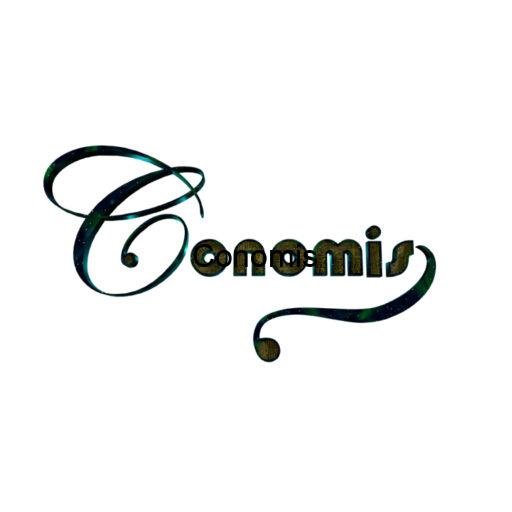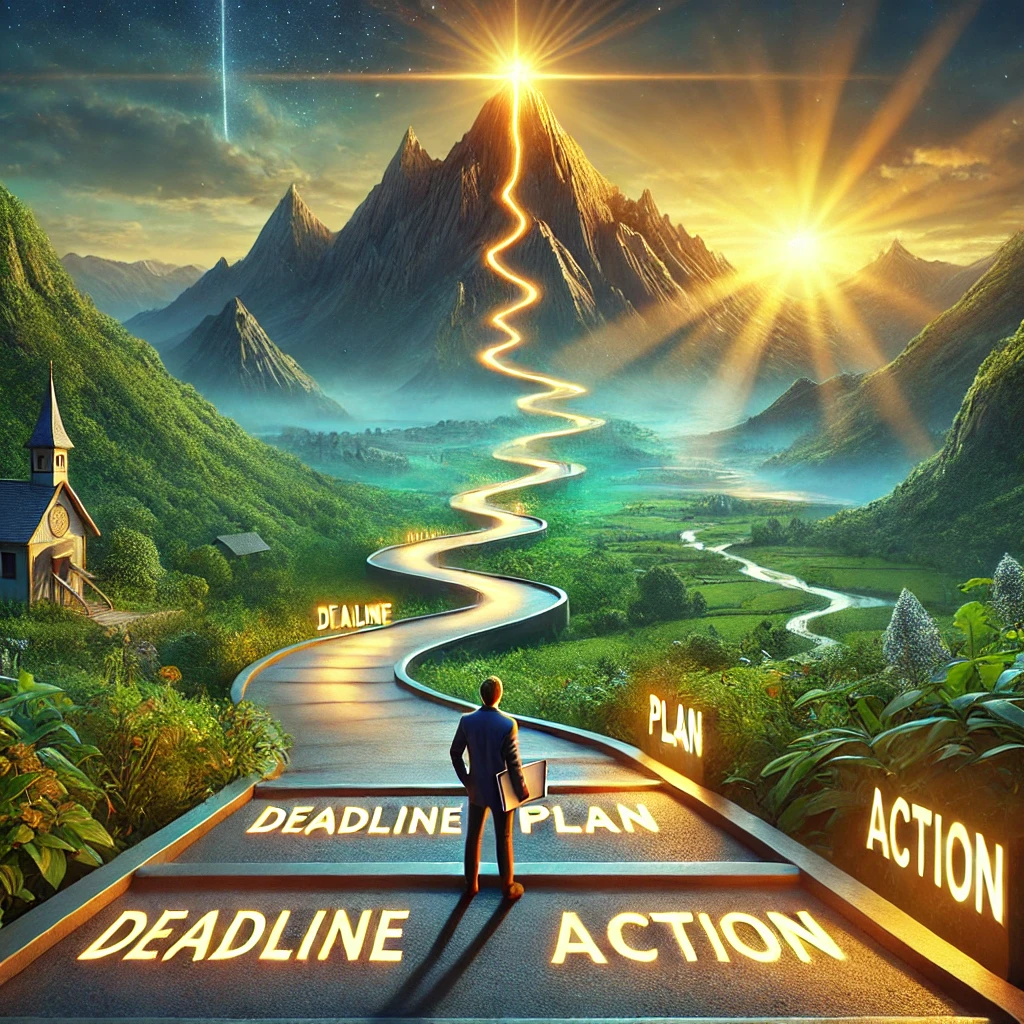Table of Contents
Introduction
Empires used to be about flags, fortresses, and borders. Back in the day, power was all about owning land, building armies, and expanding territories. But that’s changing. Today, it’s not about how much land you control or how big your army is. It’s about ideas, knowledge, and creativity.
Have you ever noticed how tech billionaires are like the modern-day kings and queens? Think about people like Elon Musk, Jeff Bezos, or Mark Zuckerberg. They’re not building castles or armies – they’re building ideas and technologies that change how we live. The real power now lies in the mind, not in brute force.
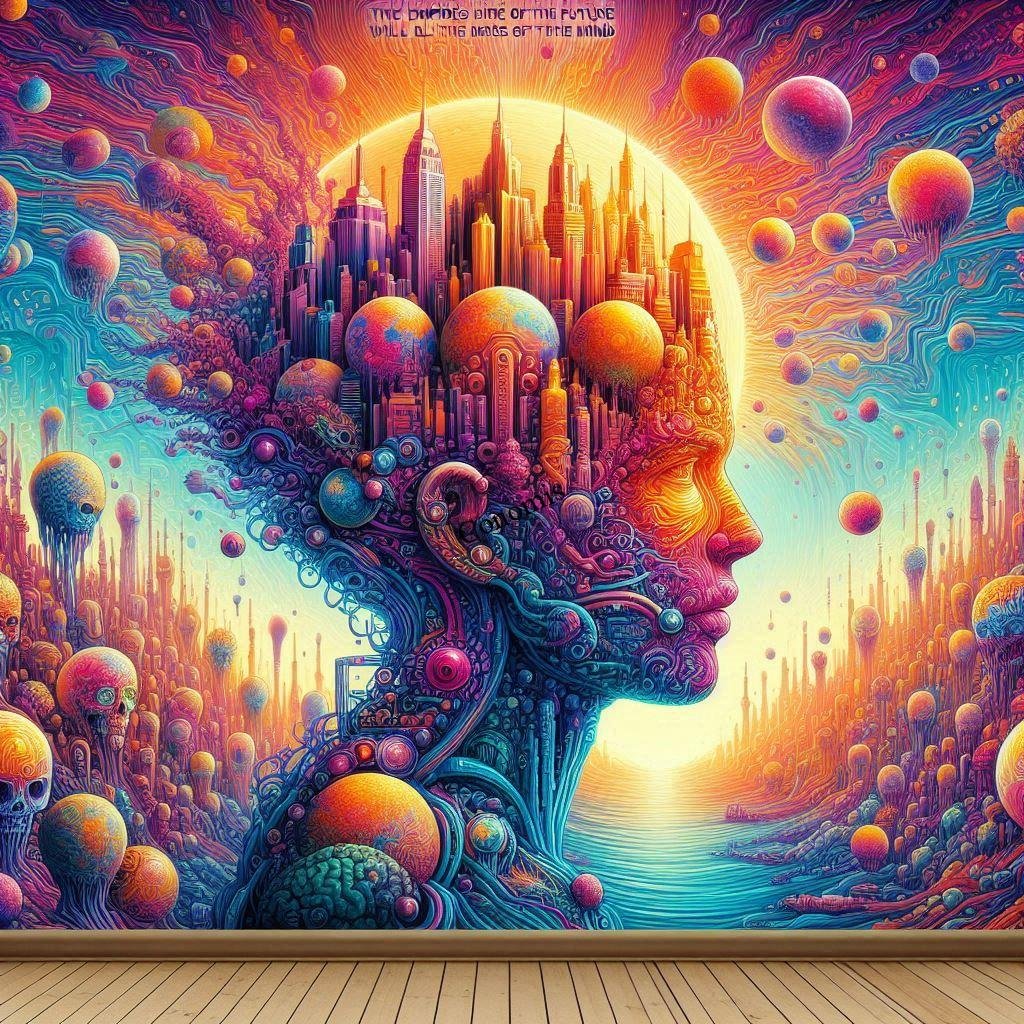
We’re living in a world where brainpower is the key to success. Whoever controls information, creates innovation, and leads with ideas is the one holding the reins. The battlefield has shifted from the physical world to the world of ideas, knowledge, and technology. Those who embrace this shift are building the empires of the future.
So, if you want to stay ahead, it’s time to focus on your mind – to think creatively, learn constantly, and embrace new ideas. Because in this new era, the real power comes from what’s in your head.
The Historical Context of Empires
From Physical Conquest to Intellectual Dominance
In the past, winning a war or conquering new lands was the way empires were built. Think about the Romans, the Mongols, or even the British Empire. Their power came from controlling more land, having bigger armies, and building strongholds. Back then, it was all about physical power—who had the strongest soldiers, the fastest horses, or the biggest ships.
But times have changed. Today, building an empire doesn’t mean taking over land or cities. It’s not about waving flags or putting up walls. It’s about controlling ideas, creating new technology, and shaping the way people think. Instead of swords and cannons, today’s tools of power are computers, smart ideas, and innovation.
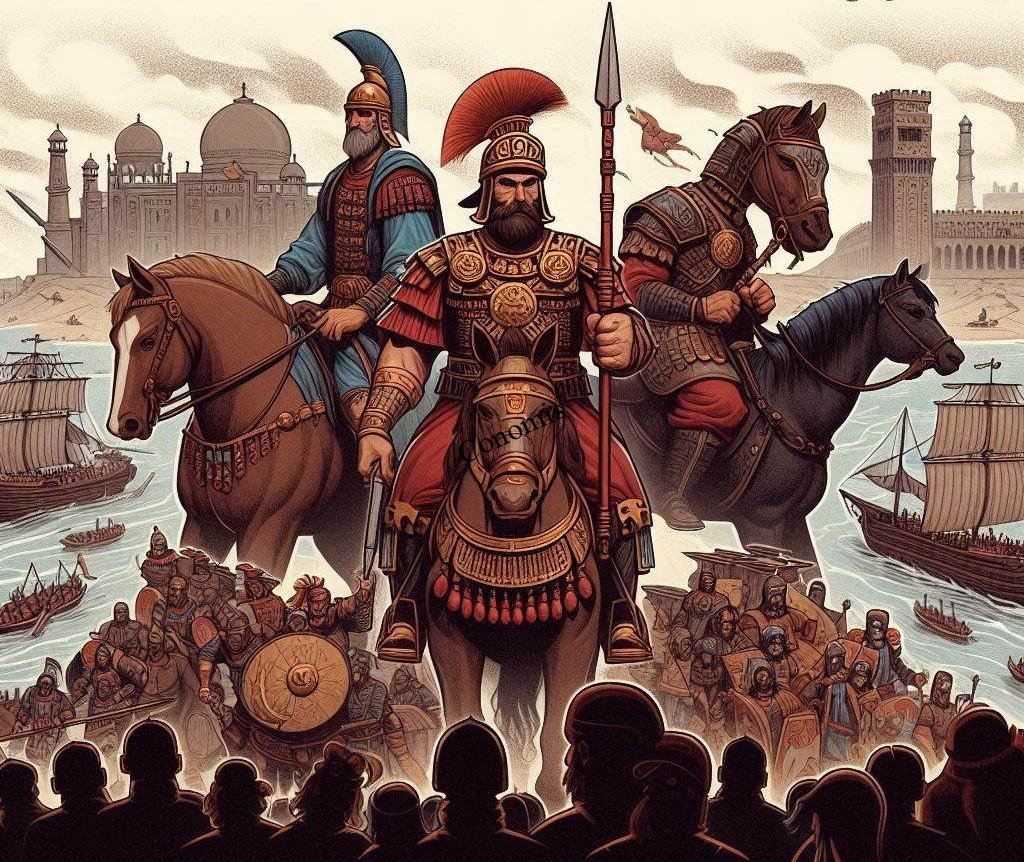
Look at companies like Google or Apple. They don’t have armies, but their influence is felt around the world. They shape how we search for information, communicate, and even shop. These are the new empires, built on creativity and brainpower.
So, while in the past, it was about physical conquest, now it’s about intellectual dominance. Those who lead with ideas, knowledge, and innovation are the ones building the empires of the future. It’s a new kind of power—one that comes from the mind.
Lessons from Past Empires
If there’s one thing history keeps reminding us, it’s this: empires that don’t adapt eventually fall apart. It’s happened over and over again. The mighty Roman Empire, for example, lasted for centuries, but in the end, it crumbled because it couldn’t keep up with the times. The same thing happened to many others—like the Mongols and the British Empire. What worked once didn’t keep working forever.
Back then, physical empires needed strong roads, trade networks, and connections to hold everything together. They had to move people and goods efficiently to keep the empire running smoothly. If those systems broke down or couldn’t keep up with new challenges, the whole empire could fall apart.
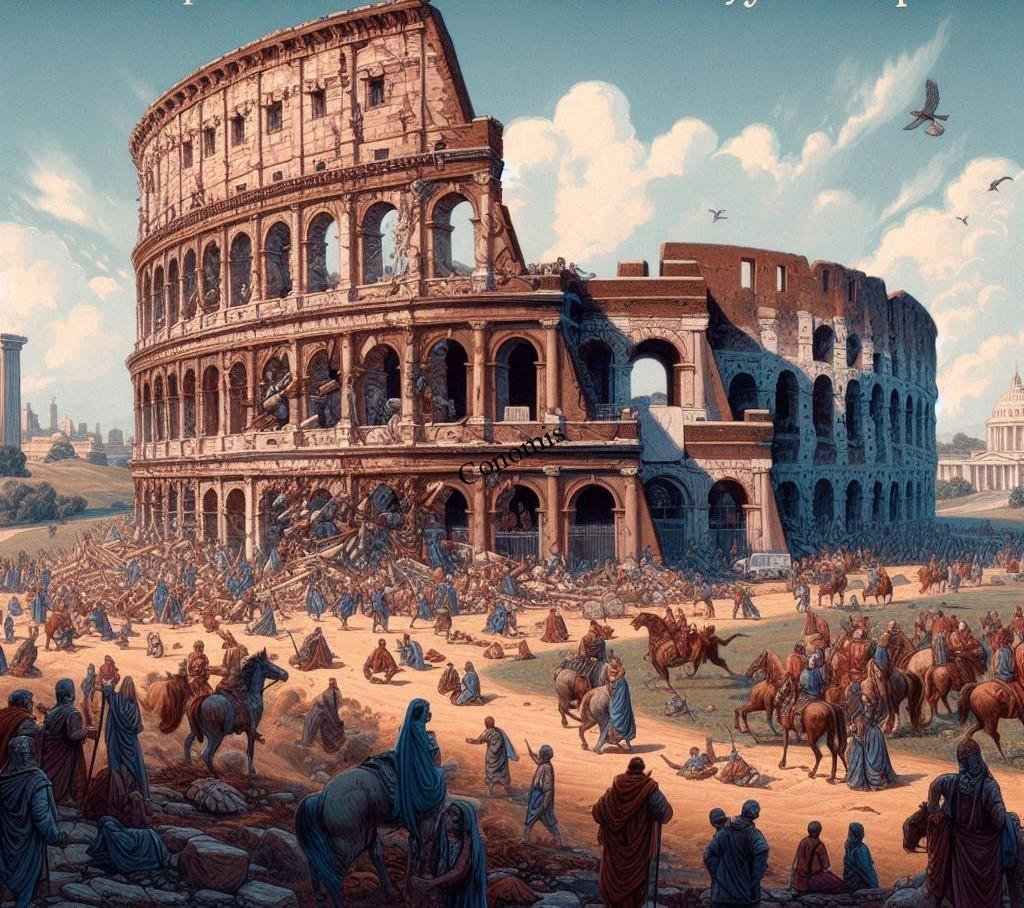
Today, we’re seeing a similar pattern with mind empires. But instead of roads and trade routes, it’s all about connectivity and information. In this new world, ideas move fast, and knowledge is shared across the globe in seconds. If an empire built on ideas can’t adapt to new technologies or shifts in the way we share information, it risks falling behind.
So, the lesson is clear: staying adaptable, connected, and informed is the key to keeping any empire—whether physical or of the mind—strong and successful.
The Rise of Knowledge Economies
How Innovation Replaced Industrial Might
We’ve all heard about the big companies—Google, Amazon, Apple. But have you ever thought about how they became so powerful? It’s not because they own a lot of land or have huge factories filled with machines. It’s because they figured out something important: knowledge and creativity are more powerful today than physical assets.
In the past, countries and companies that had big factories, lots of natural resources, or armies of workers were seen as the strongest. Industrial might was the name of the game. But now? The world has changed. Factories are still important, but they’re no longer the key to holding power. Instead, it’s about who can come up with new ideas, who can solve problems creatively, and who can build tools that make life easier.
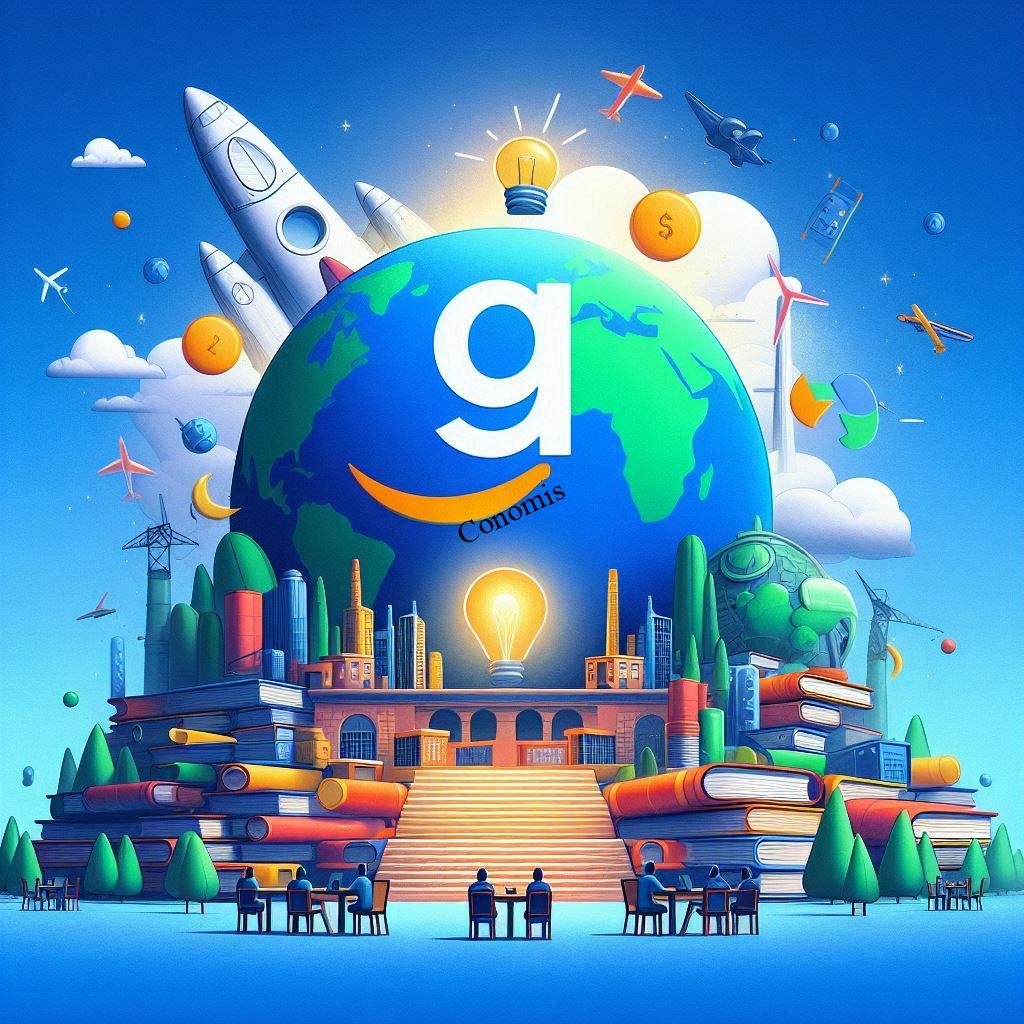
Google doesn’t make cars or build cities, but it organizes the world’s information. Amazon doesn’t have a traditional storefront, but it changed the way we shop forever. Apple doesn’t just sell phones—it creates experiences that millions of people love.
Innovation has replaced industrial might. In today’s world, the real value lies in ideas that can make a big impact. Those who lead with creativity and knowledge are the ones shaping the future.
Intellectual Property as Modern Currency
In today’s world, treasure isn’t found in gold or land—it’s found in ideas. Intellectual property, or IP for short, is like the modern version of a treasure chest. Things like patents, trademarks, and copyrights protect these valuable ideas and give companies a big advantage.
Let’s break it down a bit. A patent gives an inventor the right to stop others from making or using their invention. A trademark protects a company’s name or logo so that no one else can use it and confuse customers. Copyrights protect creative works like books, songs, or movies. Together, these form the building blocks of a company’s success in the digital world.
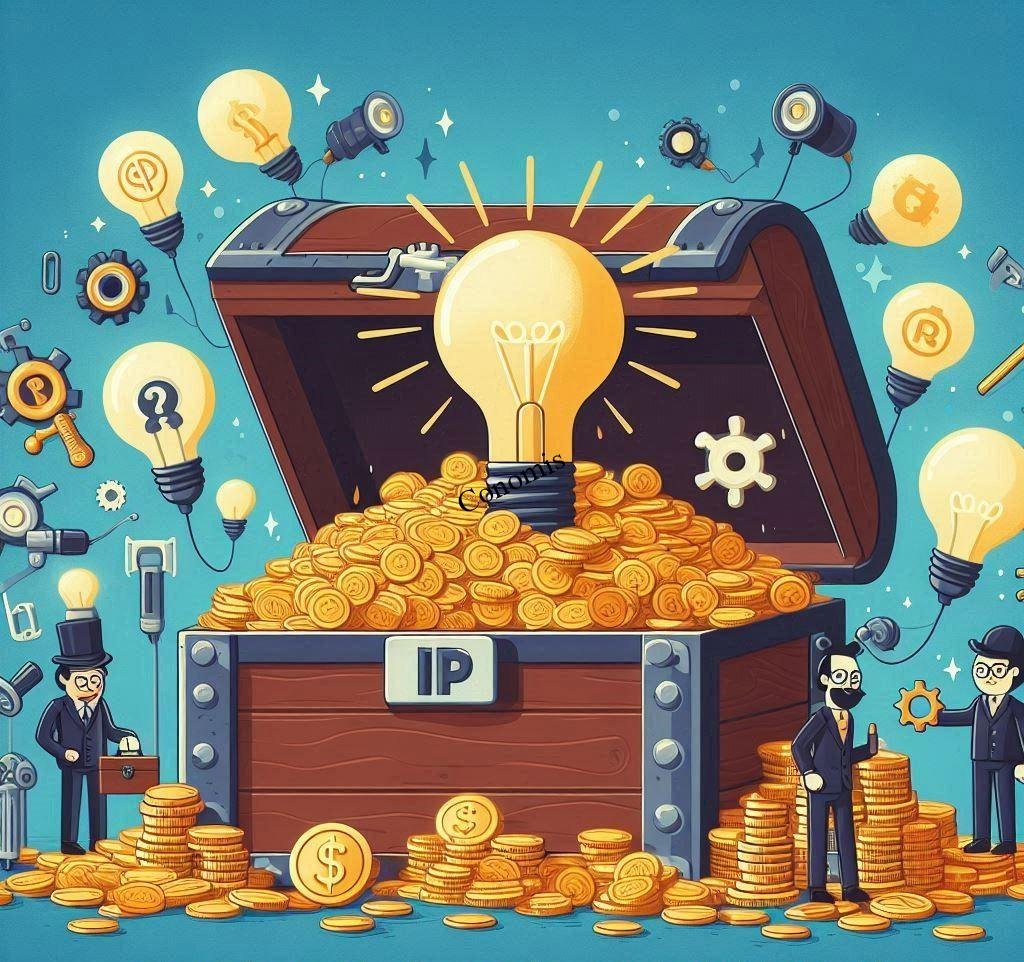
Think about it: Google’s search algorithm, Apple’s sleek designs, and even Coca-Cola’s secret formula are all forms of intellectual property. They’re what make these companies stand out from the crowd. Without these protections, anyone could just copy their ideas, and they’d lose their competitive edge.
So, in this new age, intellectual property is like currency. It’s not something you can see or touch, but it’s worth a lot. Companies and individuals who protect their ideas can build strong empires that stand the test of time.
Power in the Information Age
Data as the New Oil
You’ve probably heard the phrase “knowledge is power,” right? Well, in today’s world, data is the fuel that powers that knowledge. Data is like the new oil—it’s the resource that drives decision-making, powers businesses, and gives companies an edge over the competition.
Think about companies like Netflix. They don’t just guess what shows you might like. They gather data on what you watch, how long you watch it, when you pause, and even what you skip. Then they use this data to recommend shows you’ll love—even before you know you’ll love them! This isn’t magic; it’s data in action.
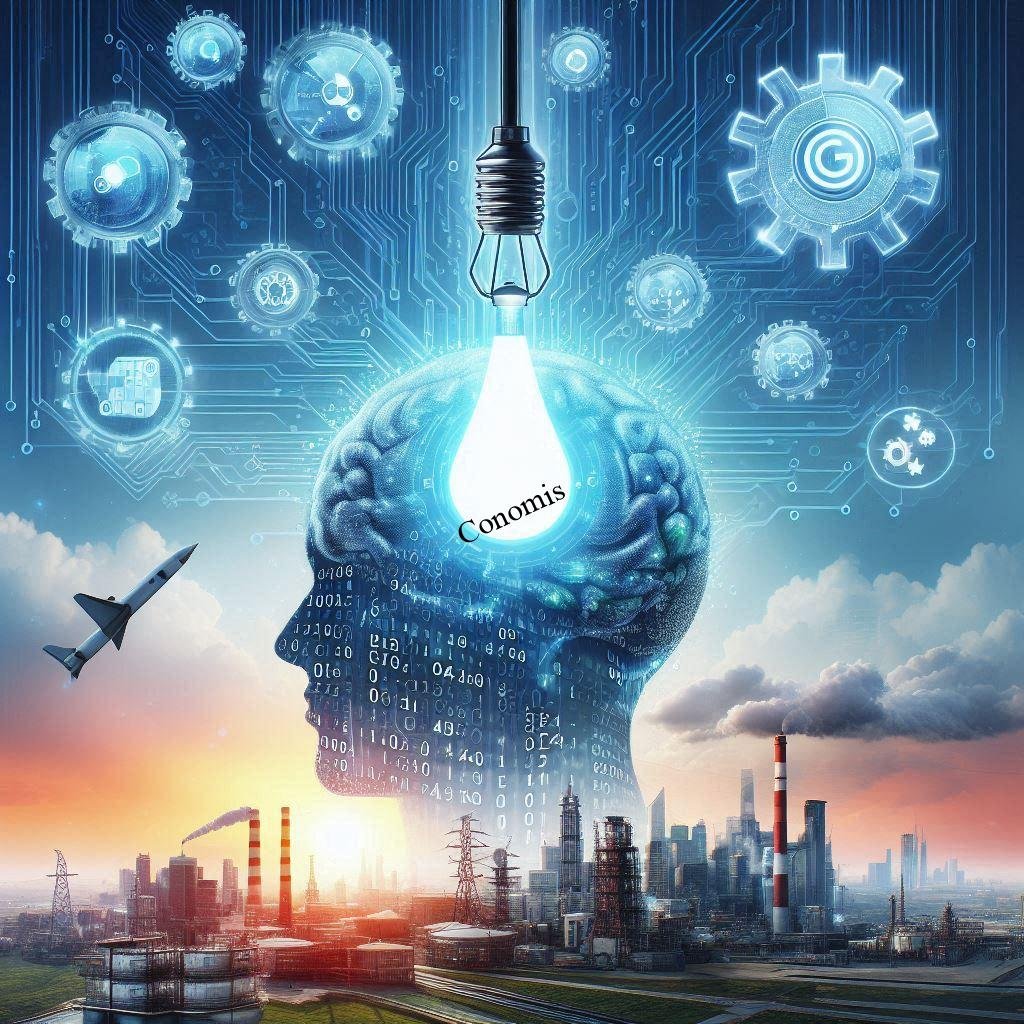
Big companies use data to understand customer behavior, improve their services, and create products that meet real needs. Amazon suggests products based on your past purchases. Google shows you ads based on your search history. All of this is powered by data insights.
The more data a company has, and the better they use it, the stronger their position in the market. In the past, it was about physical resources like oil and gold. Now, it’s about who owns and understands data. And just like oil, data can fuel powerful empires that shape our future.
The Battle for Minds in the Digital Arena
Have you ever noticed how much time you spend online, scrolling through social media, watching videos, or reading news? Well, you’re not alone. Social media platforms, streaming services, and news outlets are all fighting for your attention. In today’s world, the real battle isn’t happening on physical battlefields—it’s happening in the digital arena.
Every second you spend online is valuable. Companies know that whoever holds your attention can shape your thoughts, opinions, and even your decisions. Think about how TikTok’s algorithms keep you glued to your screen or how certain news outlets seem to push particular viewpoints. It’s all designed to grab your focus and guide what you think.
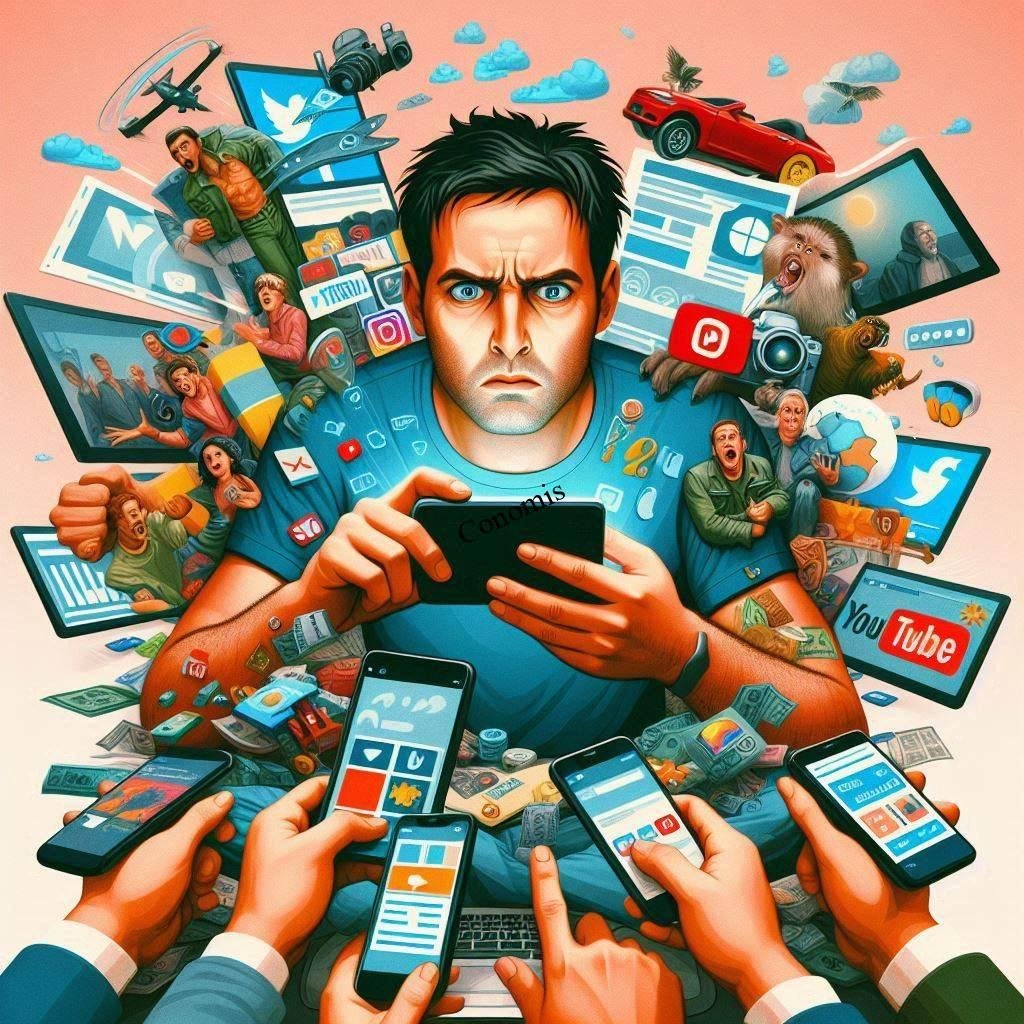
Why? Because controlling what people see and believe is a powerful tool. It can influence what we buy, how we vote, and even how we feel. The more time we spend online, the more these platforms learn about us—and the better they become at holding our attention.
In this digital age, the battle for minds is real. Whoever can control the flow of information, shape narratives, and capture attention will shape the future. It’s not about weapons or armies anymore—it’s about influence and ideas.
The Role of Education and Creativity
Lifelong Learning as the Key to Success
In today’s fast-changing world, the only way to keep up is to keep learning. Gone are the days when you could just finish school or college and be set for life. Now, things move so fast—technology evolves, industries change, and new opportunities pop up every day. If you’re not learning, you’re falling behind.
Lifelong learning isn’t just a trendy phrase—it’s a way of life. Think about it like exercise for your brain. Just like your muscles get stronger with regular workouts, your mind stays sharp when you’re constantly learning new things. It could be learning a new skill for your job, picking up a new language, or even just reading books that challenge your thinking.
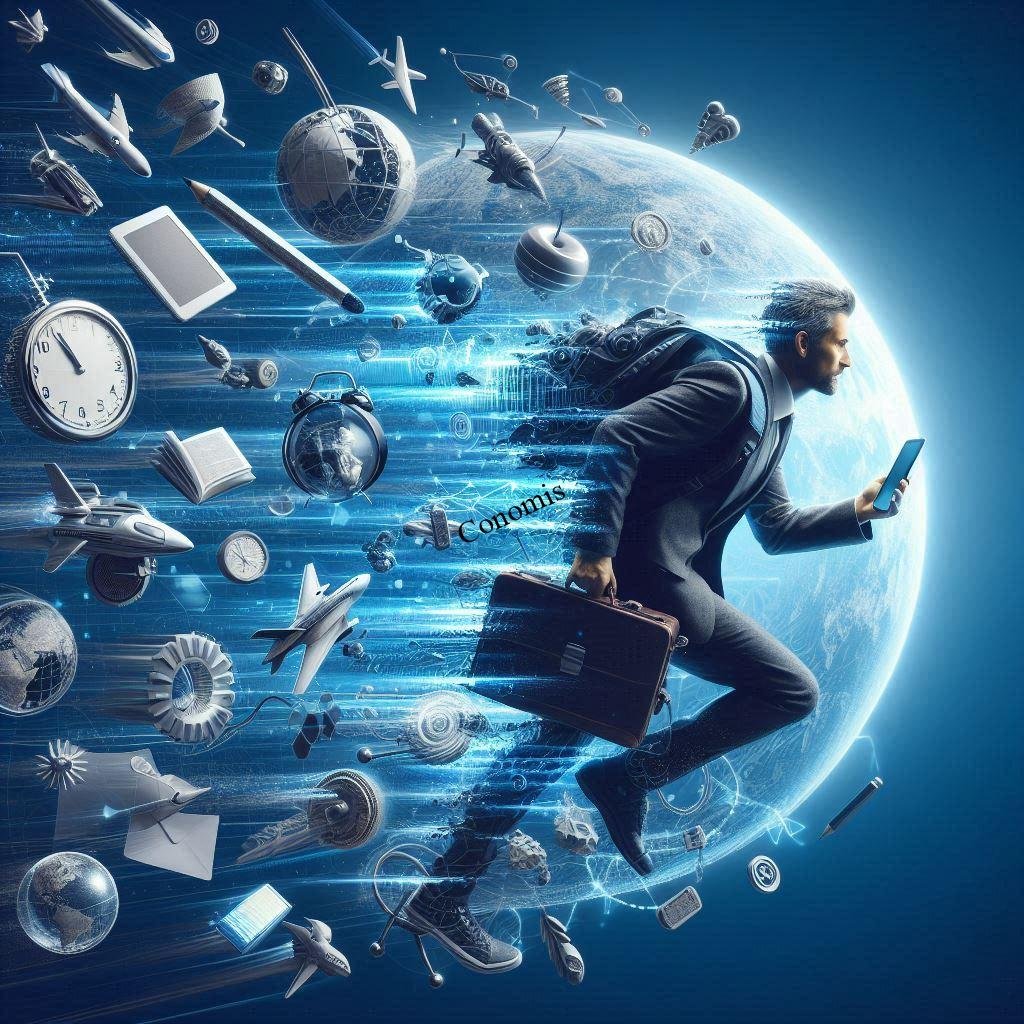
In today’s world, being adaptable is everything. The more you learn, the more tools you have to handle whatever comes your way. Whether it’s keeping up with the latest tech, improving your communication skills, or just staying curious, learning is the key.
So, if you want to stay ahead in this new era of mind-based empires, make learning a habit. It’s not just about survival—it’s about thriving in a world where ideas and innovation rule.
Creativity and Critical Thinking as Power Tools
Let’s be honest—just memorizing facts isn’t enough anymore. Sure, knowing things is important, but the real magic happens when you know how to use what you know. That’s where creativity and critical thinking come in. In today’s world, these are the real power tools that set successful people apart.
Creativity isn’t just about painting or writing—it’s about solving problems in new ways, thinking outside the box, and seeing possibilities others might miss. Whether you’re designing an app, launching a business, or just figuring out a better way to organize your day, creativity gives you an edge.
Critical thinking, on the other hand, is all about asking the right questions. It’s about not taking everything at face value. It means analyzing, digging deeper, and making smart decisions based on logic and evidence—not just emotions or trends.
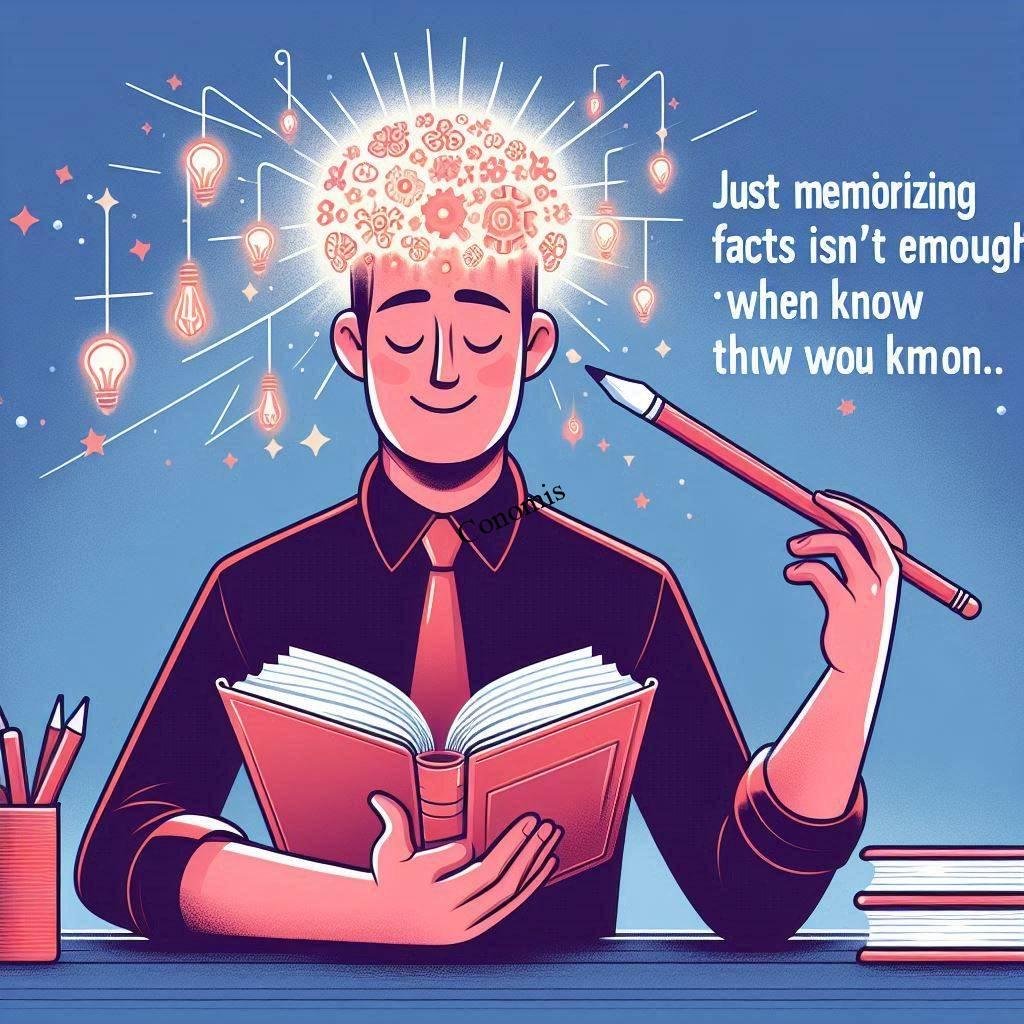
The people who are really winning today are the ones who can combine these two skills. They don’t just accept the world as it is—they imagine how it could be and figure out smart ways to make it happen.
So if you want to succeed in this idea-driven world, sharpen your creativity and critical thinking. They’re your new superpowers.
Technology’s Impact on Mind Empires
AI, Machine Learning, and the Democratization of Knowledge
Not long ago, deep knowledge and advanced tools were only available to experts or the elite—people with special access, expensive education, or industry connections. But today, thanks to artificial intelligence (AI) and machine learning, that’s changing fast.
AI is helping break down those old walls. Whether it’s through tools like ChatGPT, online learning platforms, or smart search engines, access to information is now available to anyone with curiosity and a Wi-Fi connection. You don’t need a Ph.D. to understand complex ideas anymore—just the drive to learn.
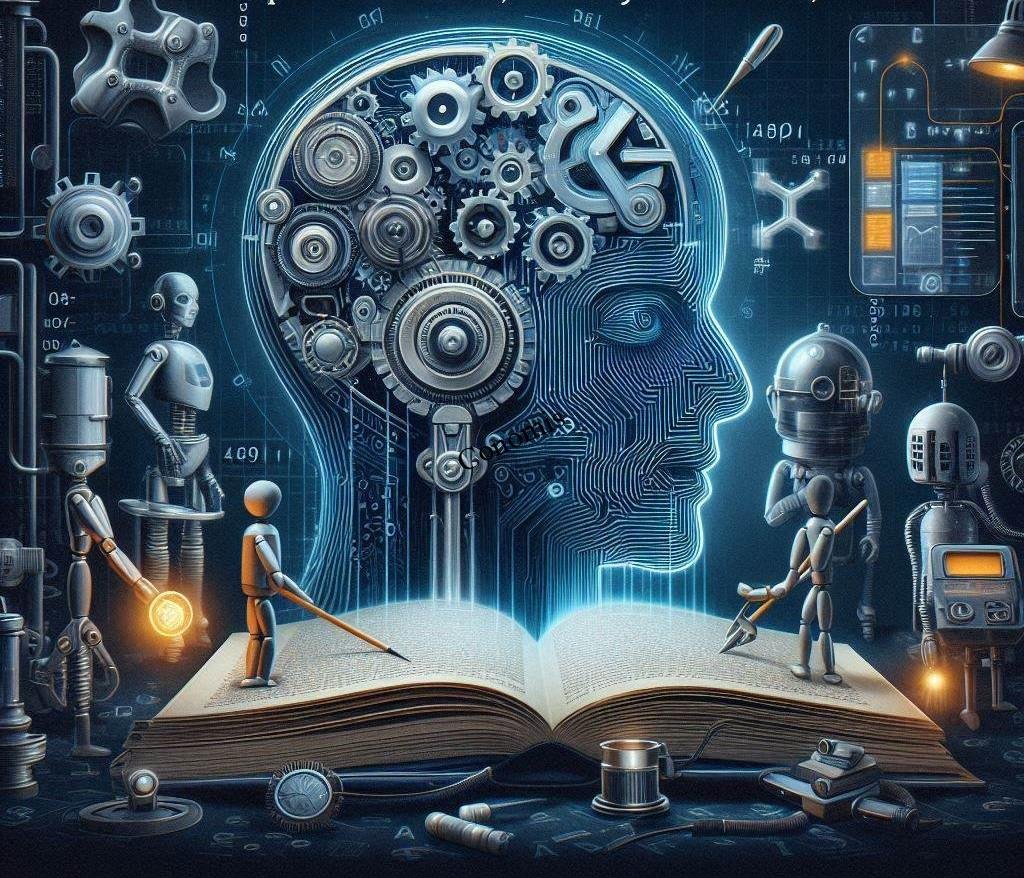
Want to learn how to code? Start a business? Understand physics, history, or how to build an app? You can do it from your phone, in your bedroom, at your own pace. AI is helping translate difficult concepts into simple language, giving everyone a chance to grow, no matter their background.
This shift is powerful. It means knowledge isn’t locked up in institutions—it’s out there, waiting to be explored. And when more people can access information, more ideas are born. That leads to more innovation, creativity, and progress.
AI isn’t just a tool—it’s a gateway to opportunity. It’s leveling the playing field and helping build a future where anyone can rise, just by learning.
The Internet’s Role in Reshaping Influence
The internet has completely flipped the script when it comes to influence. It used to be that only big TV networks, newspapers, and movie studios had the power to shape public opinion. But not anymore. Now, anyone with a smartphone and a creative spark can become a global influencer.
Look at YouTubers, TikTokers, podcasters, and bloggers. These everyday people have built massive followings, sometimes even bigger than traditional media outlets. And they’re doing it by being real, relatable, and consistent—not by following a script handed down by some media executive.
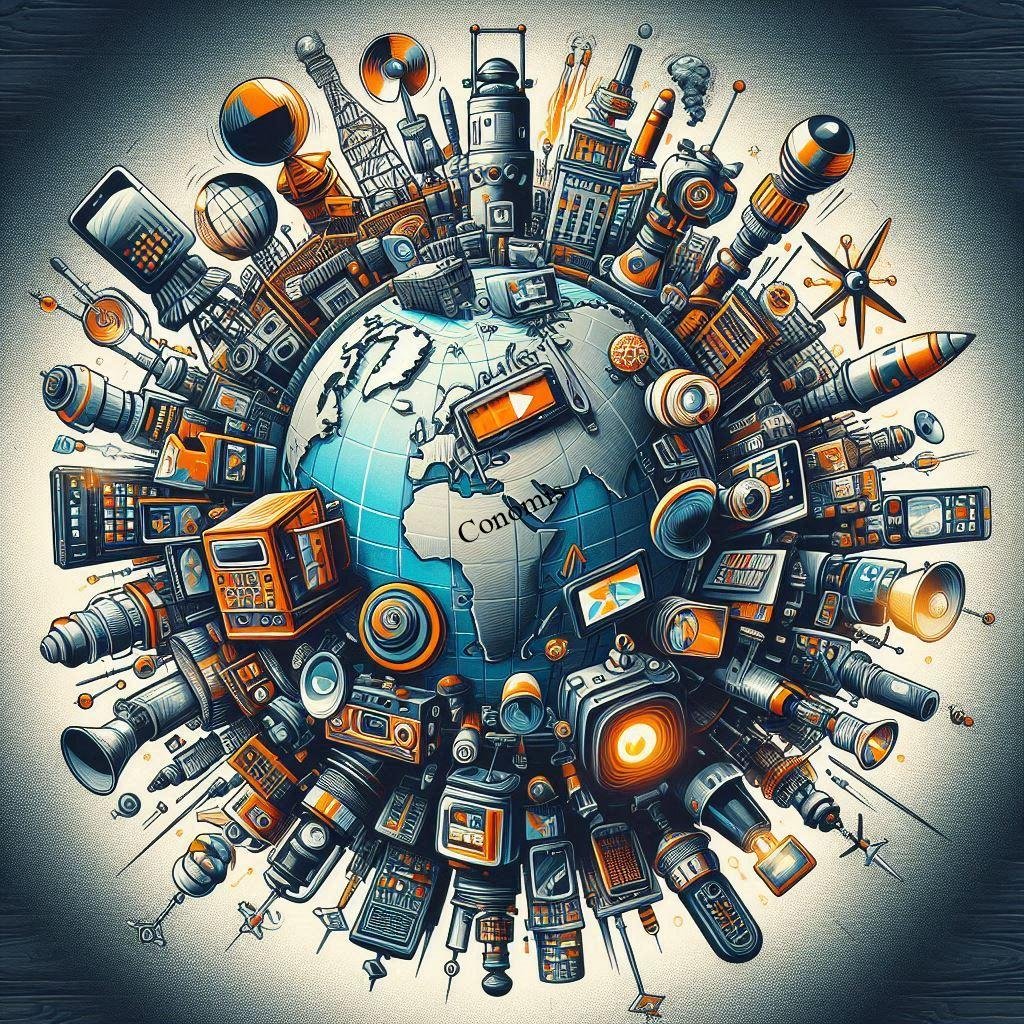
What’s even more interesting is how fast influence can spread. A 60-second video can go viral overnight and spark conversations around the world. One tweet, one meme, or one heartfelt message can reach millions. That’s the power of the internet—it democratizes influence.
This shift means that the ability to shape minds, trends, and even culture isn’t just for the rich or powerful anymore. It belongs to anyone bold enough to share their voice. In this new empire of the mind, influence is earned through creativity, authenticity, and connection—not just credentials or corporate backing.
The internet hasn’t just changed who holds influence—it’s completely reshaped how influence works.
The Ethics of Mind Empires
Responsible Innovation
We’ve all heard the saying, “With great power comes great responsibility.” And in today’s idea-driven world, that couldn’t be more true—especially when it comes to innovation. As we build powerful technologies, share massive amounts of information, and connect billions of people, we also carry a responsibility to use that power wisely.
Take privacy, for example. We all love personalized ads and recommendations, but behind that convenience is a sea of data being collected—sometimes more than we realize. Companies and creators need to be transparent about how they use this data and protect it from misuse.
Then there’s the issue of misinformation. The internet spreads information fast, but that includes false or harmful content too. Whether it’s fake news, deepfakes, or misleading health advice, innovators and platforms have a duty to stop the spread of content that can cause real damage.
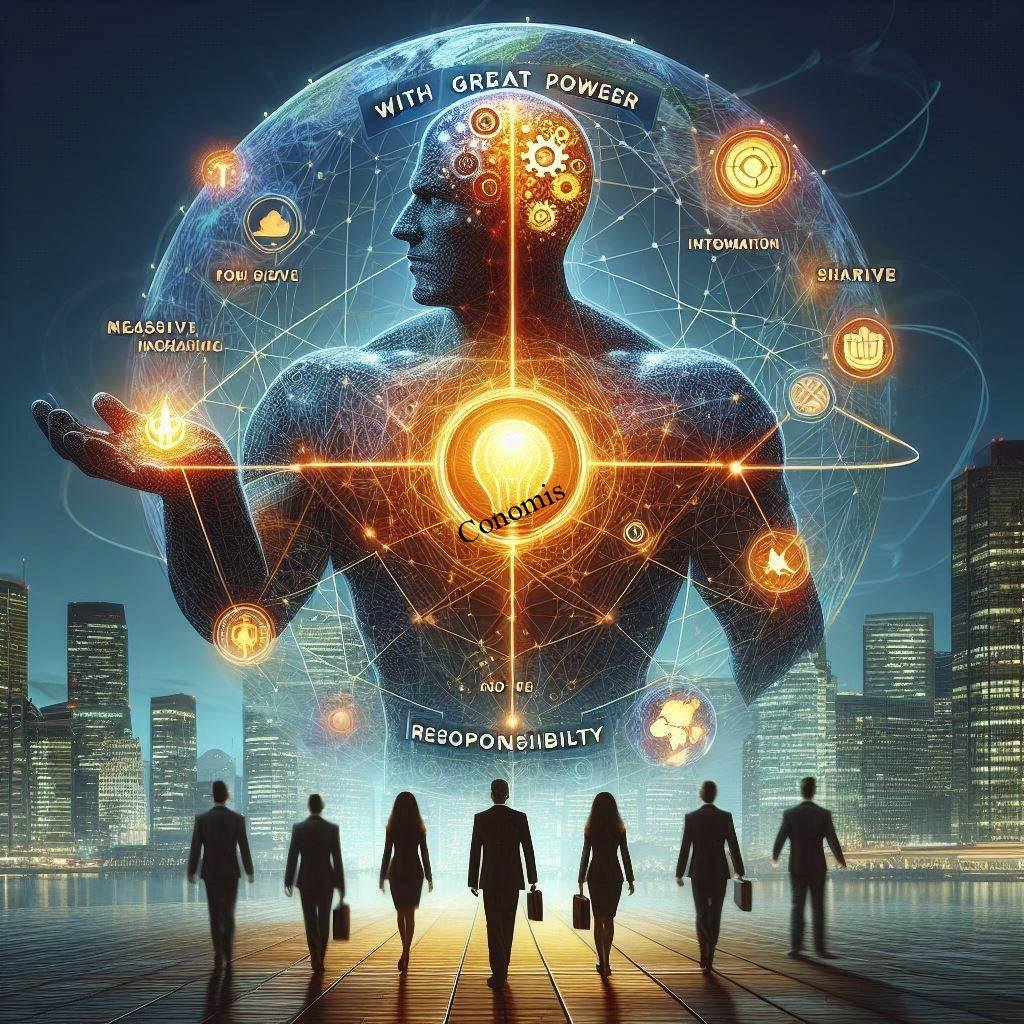
And let’s not forget ethics in AI. Just because we can create something doesn’t always mean we should. Responsible innovation means thinking ahead, considering the impact, and building with empathy.
If we want to create lasting, meaningful empires of the mind, we need to make sure they’re not just smart—but also ethical and human-centered.
Avoiding Digital Colonialism
As the digital world grows, so does a hidden risk—digital colonialism. It may sound like a buzzword, but it’s a real concern. Just like in the past when powerful nations controlled other countries through colonization, today some big tech companies and powerful countries are expanding their control in cyberspace in a similar way.
How does this happen? Well, many developing countries rely on digital tools, platforms, and infrastructure created and controlled by tech giants based in wealthier nations. That means the flow of information, data ownership, and even economic benefits often end up in the hands of those already at the top. Local voices, cultures, and businesses can get drowned out or sidelined.
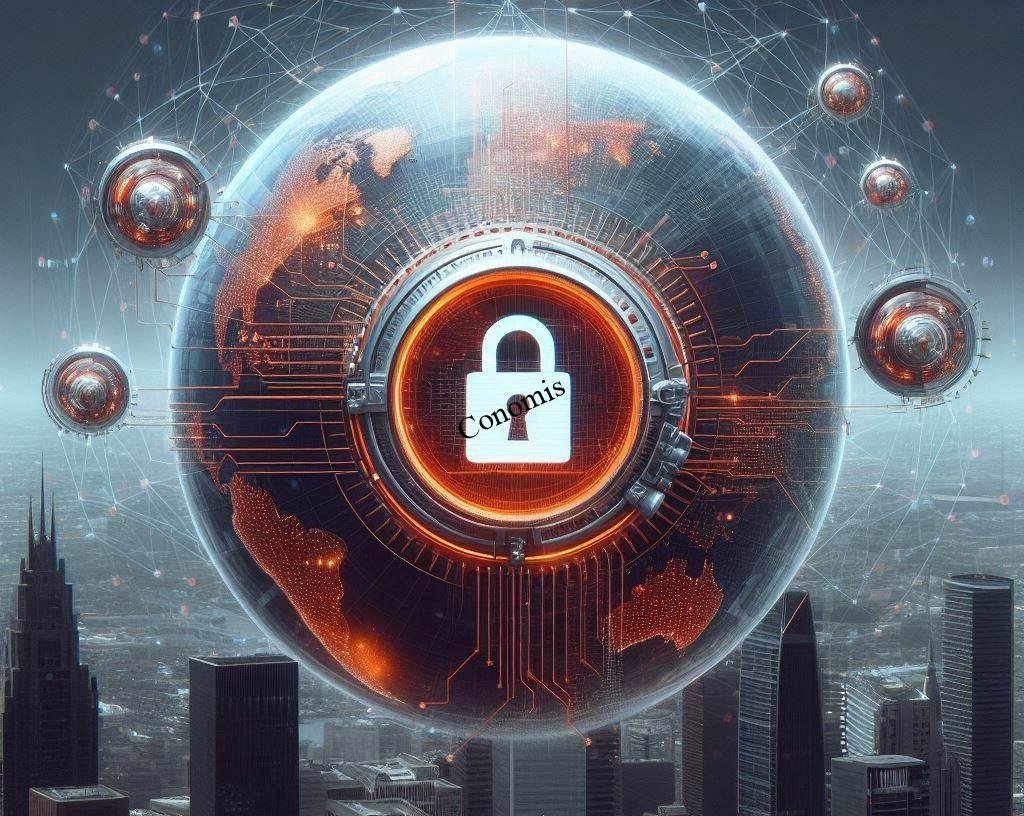
For example, if most people in a region get their news from one global platform, that platform basically decides what stories are told—and which ones aren’t. That’s a quiet kind of control that can influence how people think, act, and vote.
To avoid repeating the mistakes of old empires, we need to ensure that the digital future is inclusive and fair. That means supporting local tech, promoting data sovereignty, and making sure everyone—not just a few—benefits from this new digital age.
Building Your Personal Mind Empire
Cultivating Curiosity and Resilience
In a world that’s constantly changing, two traits stand out as absolute game-changers: curiosity and resilience. If you want to thrive in this new era where ideas rule, you’ve got to stay curious—and tough.
Curiosity is your inner engine. It pushes you to explore, ask questions, and learn things you never thought you’d be interested in. When you’re curious, the world becomes a classroom. You start to see every challenge as a puzzle, every person as a potential teacher, and every new idea as a doorway to something bigger.
But let’s be real—curiosity alone isn’t enough. You also need resilience. Life throws curveballs. You’ll face rejections, failures, and moments when you feel stuck. That’s normal. What matters is your ability to bounce back, to keep going even when things don’t go your way. That’s what resilience is all about—grit, determination, and belief in your growth.
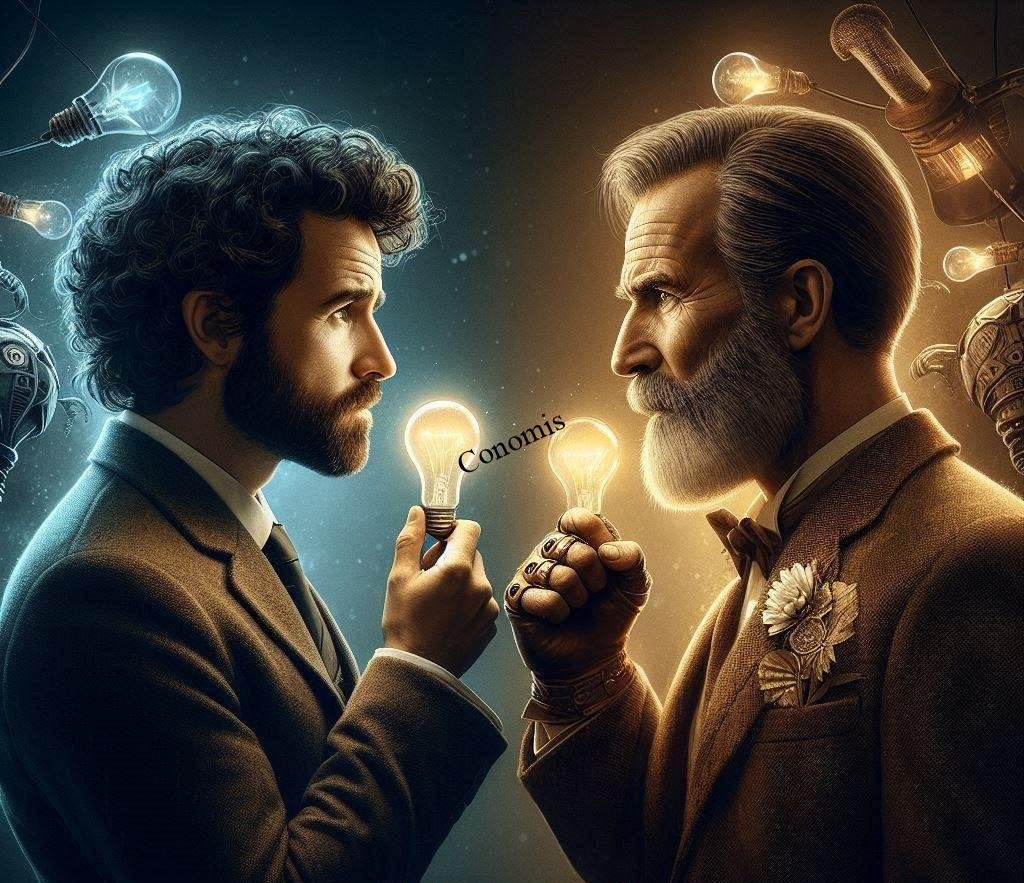
Together, curiosity and resilience create a mindset that’s unstoppable. You’re always learning, always adapting, and always getting better. And in a world where the empires of the mind shape the future, that’s your secret weapon.
So keep asking questions. Keep showing up. Keep growing. The future belongs to the curious and the resilient.
Mastering Digital Tools
In the age of digital empires, your tools matter. A warrior wouldn’t step into battle without a sword—so why should you face the modern world without mastering your digital tools? From productivity apps to learning platforms, these tools are the gear that helps you stay sharp, focused, and ahead of the game.
Think of tools like Notion, Trello, or Google Workspace—they’re not just apps, they’re digital assistants. They help you organize your thoughts, manage your time, and get stuff done without dropping the ball. Learning how to use them well can boost your efficiency and free up time for more creative thinking.
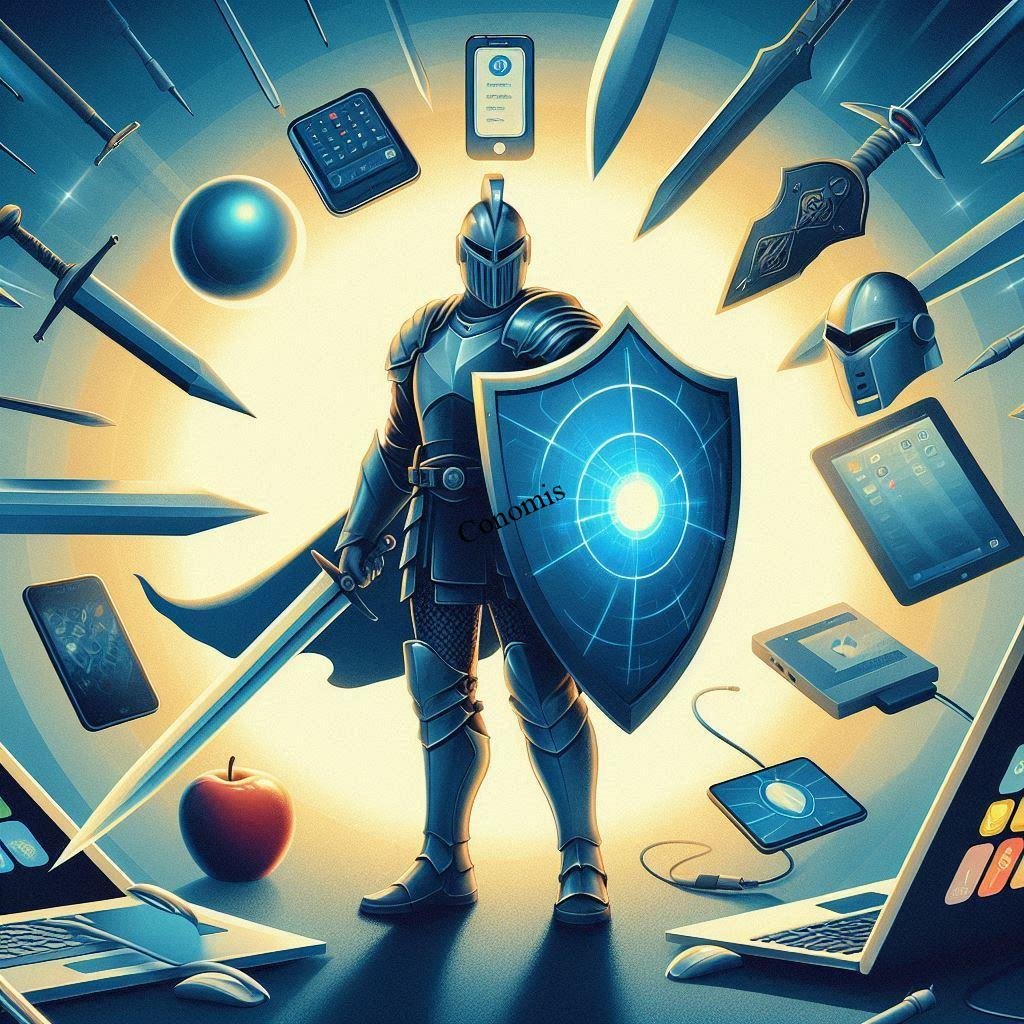
Then there are platforms like Coursera, Academy, and YouTube. These aren’t just websites—they’re classrooms that never close. Whether you want to pick up coding, graphic design, digital marketing, or even philosophy, it’s all there, waiting for you to explore.
The truth is, digital tools aren’t just optional anymore—they’re essential. If you want to thrive in a world where the mind is your most powerful asset, you need to know how to use the tech that supports it. Master your tools, and you’ll be ready for anything the future throws at you.
Business and the Mind Empire
Thought Leadership as Competitive Advantage
In today’s fast-paced digital world, selling a product isn’t enough. People want to know why your brand matters—what you stand for, what you believe in, and what big ideas you’re bringing to the table. That’s where thought leadership comes in.
Thought leadership is all about sharing your insights, your expertise, and your unique perspective. It’s not about being loud—it’s about being valuable. When companies (or individuals) create content that genuinely helps others—through blog posts, LinkedIn articles, webinars, videos, or podcasts—they start to stand out. People begin to see them as go-to experts, not just sellers.
Think about the brands you trust most. Chances are, they’re not just selling—they’re teaching, inspiring, and leading conversations. They’re building authority by adding value first. That builds trust—and in today’s marketplace, trust is gold.
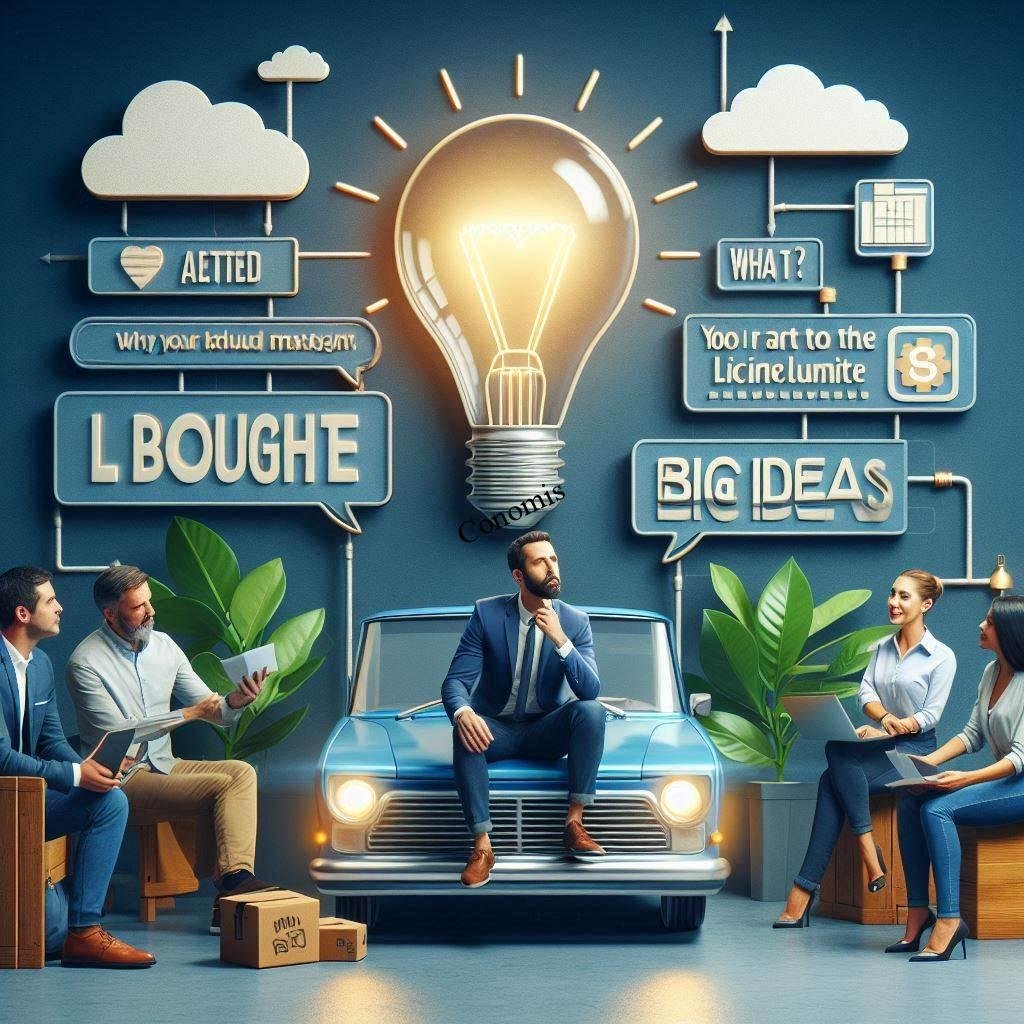
When you consistently share ideas that challenge the norm, solve problems, or make people think, you’re doing more than marketing—you’re building an empire of the mind. People don’t just buy your product—they buy into your vision.
So if you want to stay ahead, start sharing what you know. Be bold with your ideas. Thought leadership isn’t just a buzzword—it’s a competitive edge that wins hearts, minds, and wallets.
Brand Storytelling and Consumer Loyalty
Everyone loves a good story. It’s how we connect, remember, and care. And in today’s crowded digital space, storytelling isn’t just nice to have—it’s what separates forgettable brands from unforgettable ones.
Think about your favorite brands. Chances are, they’re not just selling products—they’re telling stories. Maybe it’s a founder’s journey from nothing to success, a mission to help the planet, or a story of standing up for something meaningful. When a brand shares its “why” through storytelling, it hits different. It feels personal, not corporate.
That emotional connection is powerful. When people see themselves in a brand’s story, they don’t just become customers—they become loyal fans. They talk about the brand, share it with friends, and stick with it even when cheaper options show up.
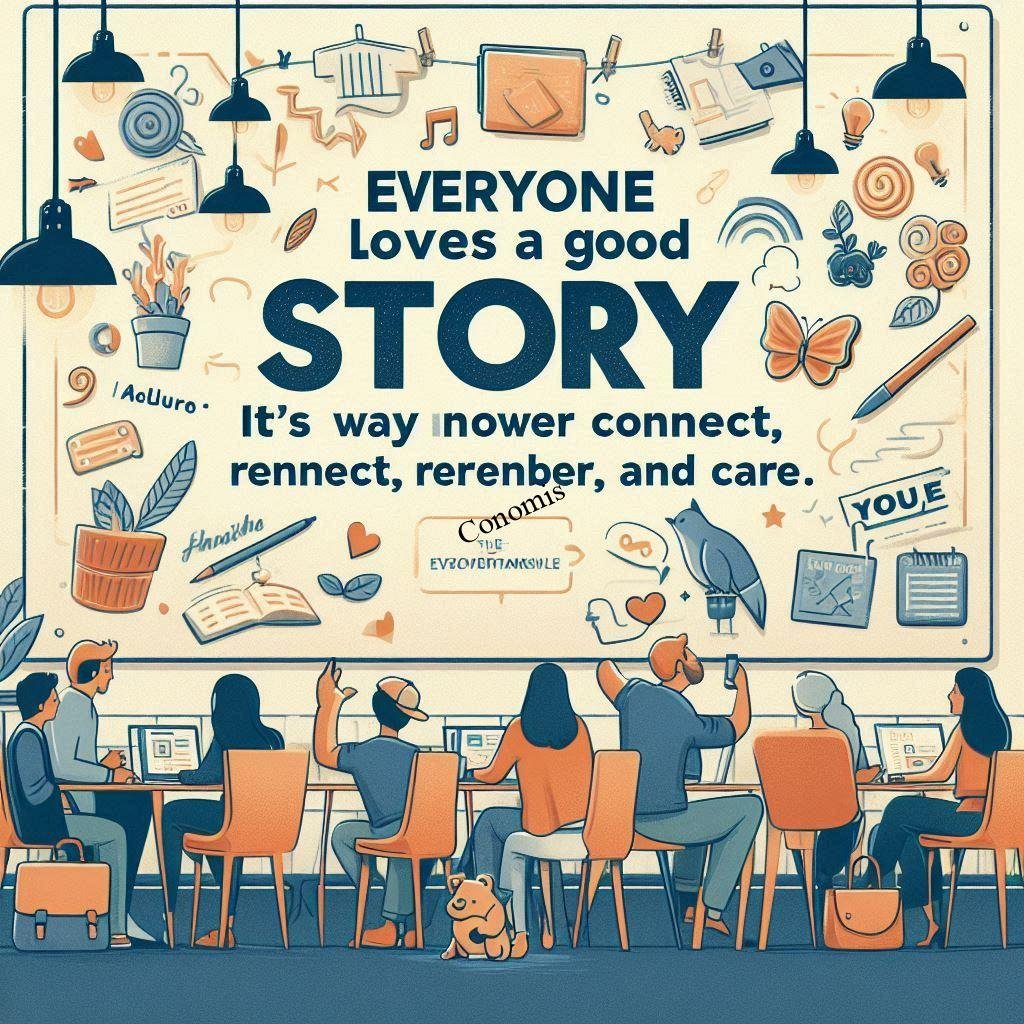
Storytelling builds community. It gives your audience a reason to care, and more importantly, a reason to stay. And in an era where attention is short and competition is fierce, loyalty is everything.
So if you want to build a lasting empire—not just a one-time sale—weave your mission into a story. Make people feel something. Because in the empire of the mind, emotion wins where marketing can’t.
Nations and Knowledge Sovereignty
Investing in Intellectual Capital
If you want to know which countries will lead the world tomorrow, don’t look at their armies or natural resources—look at how much they’re investing in intellectual capital today.
Intellectual capital means everything from education and research to innovation and creative thinking. It’s the fuel for the mind-powered world we’re living in. When a country supports its schools, funds scientific research, and encourages new ideas, it’s not just helping individuals—it’s securing its future.
Think about it: the most powerful economies today are driven by knowledge and innovation. Countries like South Korea, Germany, and Finland didn’t become global leaders by accident. They bet big on education, training, and technology—and it paid off.
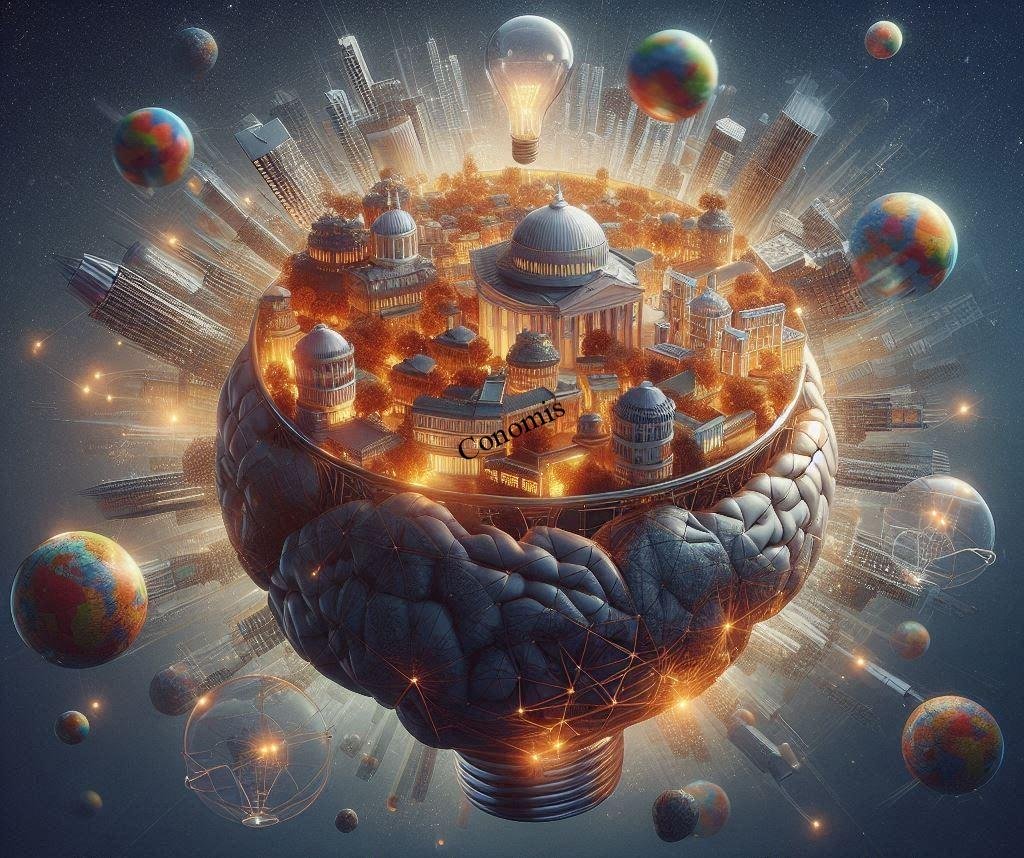
Investing in intellectual capital is like planting seeds. You don’t see results overnight, but over time, you grow a society that’s smarter, more adaptable, and more competitive. It’s the smartest kind of national defense—resilient, creative citizens who can handle whatever the future throws their way.
Whether it’s coding, climate science, medicine, or machine learning, countries that nurture brains over brawn are the ones that thrive. In the empire of the mind, books, labs, and classrooms are more powerful than tanks.
Balancing Openness and Security
In the empire of the mind, sharing ideas fuels growth—but not without risks. Just like open borders invite both trade and threats, openness in the digital world brings both opportunity and vulnerability. That’s why balancing openness and security is more important than ever.
On one hand, collaboration drives innovation. When researchers across countries share discoveries, when startups open-source their code, or when creators share freely online, it sparks progress. Knowledge spreads, new ideas are born, and everyone benefits.
But here’s the catch: not all knowledge should be wide open. Critical intellectual assets—like advanced tech, defense innovations, or sensitive research—need protection. Otherwise, nations or corporations risk having their hard-earned breakthroughs copied, stolen, or misused.
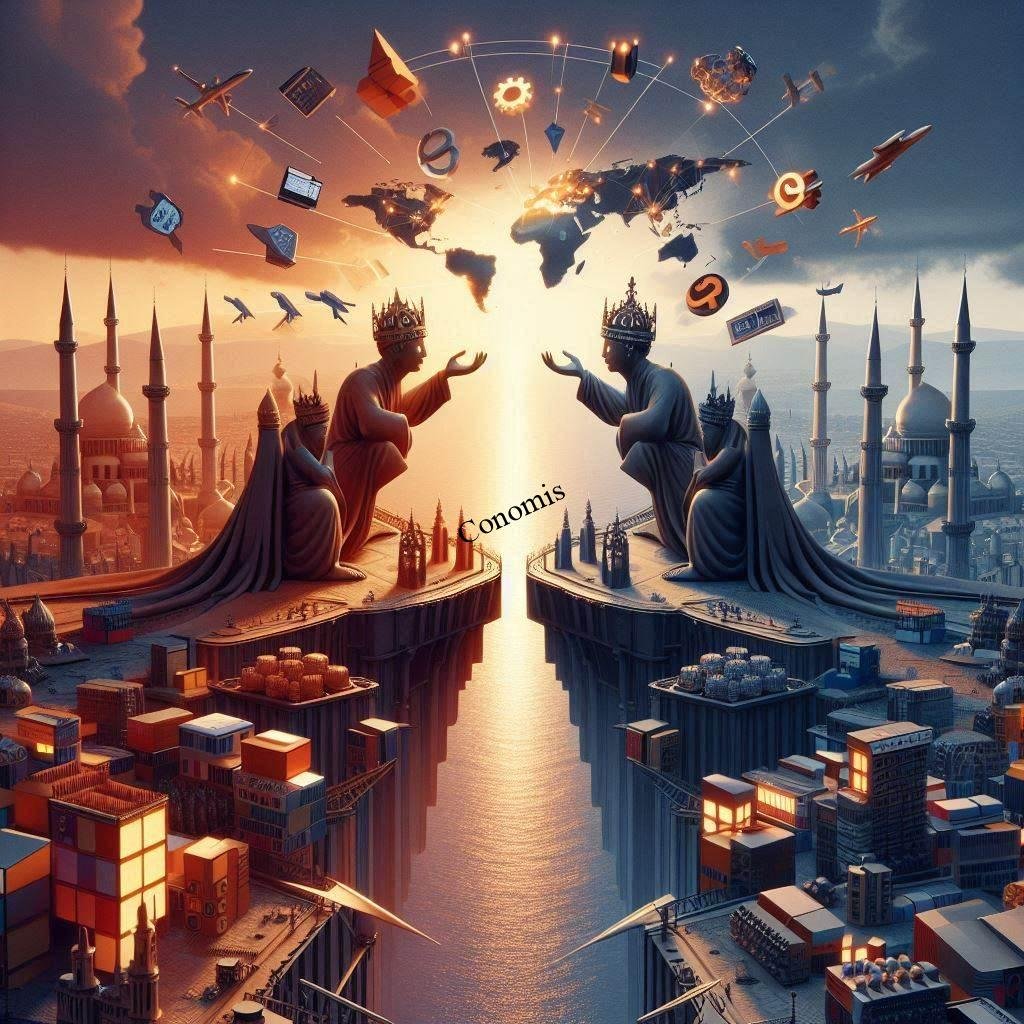
Think of it like a garden. You want sunlight, air, and pollinators—but you also need a fence to keep out the pests. Openness creates fertile ground for creativity, but security ensures that the right people benefit from it.
Striking this balance is key to building sustainable influence. Nations and organizations must remain open enough to innovate, yet guarded enough to protect their core strengths. In the empire of the mind, smart growth comes from openness—with a watchful eye.
Challenges to the Mind Empire Model
Misinformation and Digital Fatigue
We live in an age where we’re constantly plugged in—scrolling, swiping, clicking. There’s a flood of information coming at us 24/7. And while access to knowledge is powerful, too much of it can wear us down. That’s digital fatigue.
You open your phone to check one thing—and suddenly you’re bombarded with news, ads, updates, and a hundred opinions. It’s exhausting. Over time, this nonstop input can lead to stress, anxiety, and mental burnout. It becomes harder to focus, harder to care, and much harder to think clearly.
Even more dangerous? Misinformation. In a world where anyone can publish anything, false information spreads faster than facts. Whether it’s fake news, conspiracy theories, or AI-generated content, the digital world is full of noise. And if we’re not careful, we start believing things that just aren’t true.
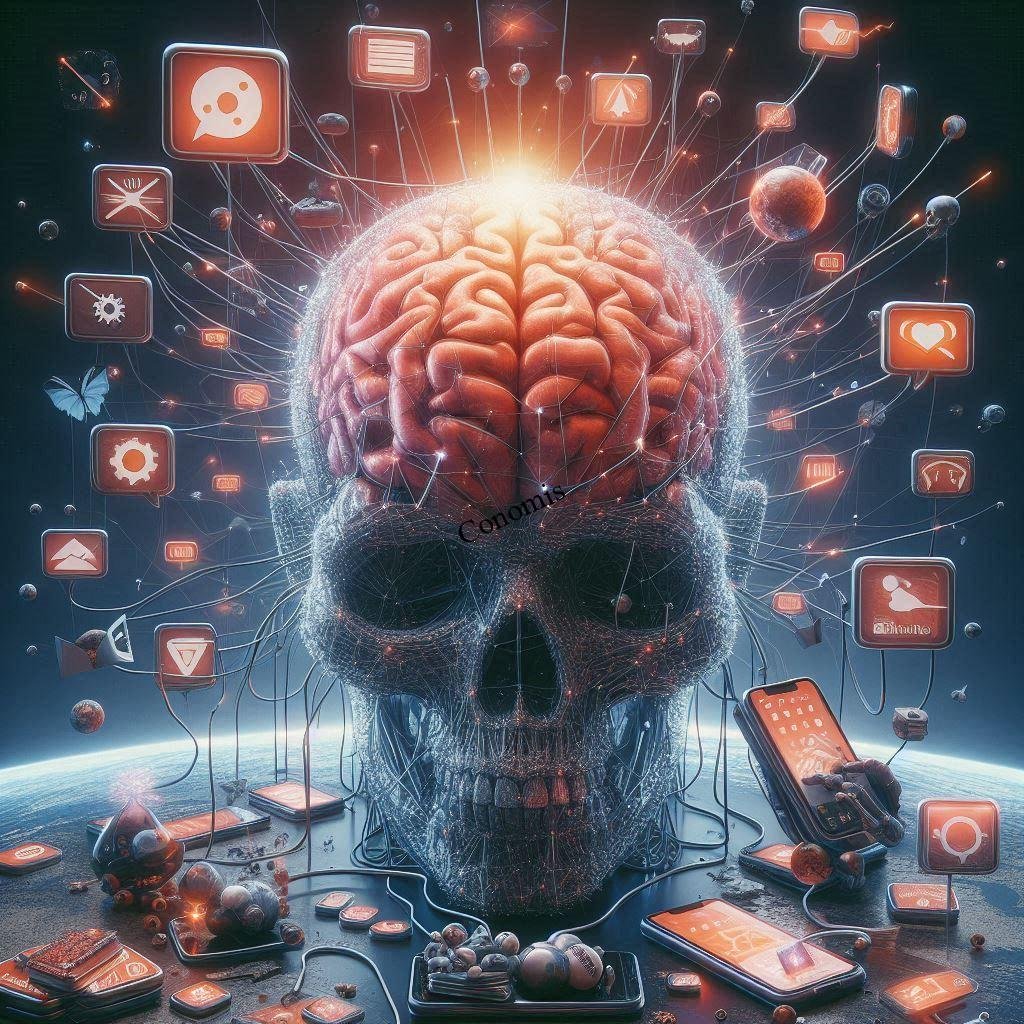
That’s why critical thinking is your best defense. It’s like having a mental filter—questioning sources, checking facts, and not taking every headline at face value. In the empire of the mind, not all content is gold. You have to dig a little.
So slow down. Be mindful of what you consume. Protect your mental space. Because clarity, not chaos, builds the strongest minds.
Inequality in Access to Knowledge
We often talk about how knowledge is power in today’s world—but what happens when access to that knowledge isn’t equal? That’s the reality for millions of people globally. The digital divide is real, and it’s shaping the future in silent but serious ways.
While some of us enjoy fast Wi-Fi, smart devices, and endless online learning platforms, others are still struggling with basic internet access—or no access at all. It’s not just a rural issue. Even in big cities, low-income communities may lack the tools, training, or connectivity needed to tap into the digital world.
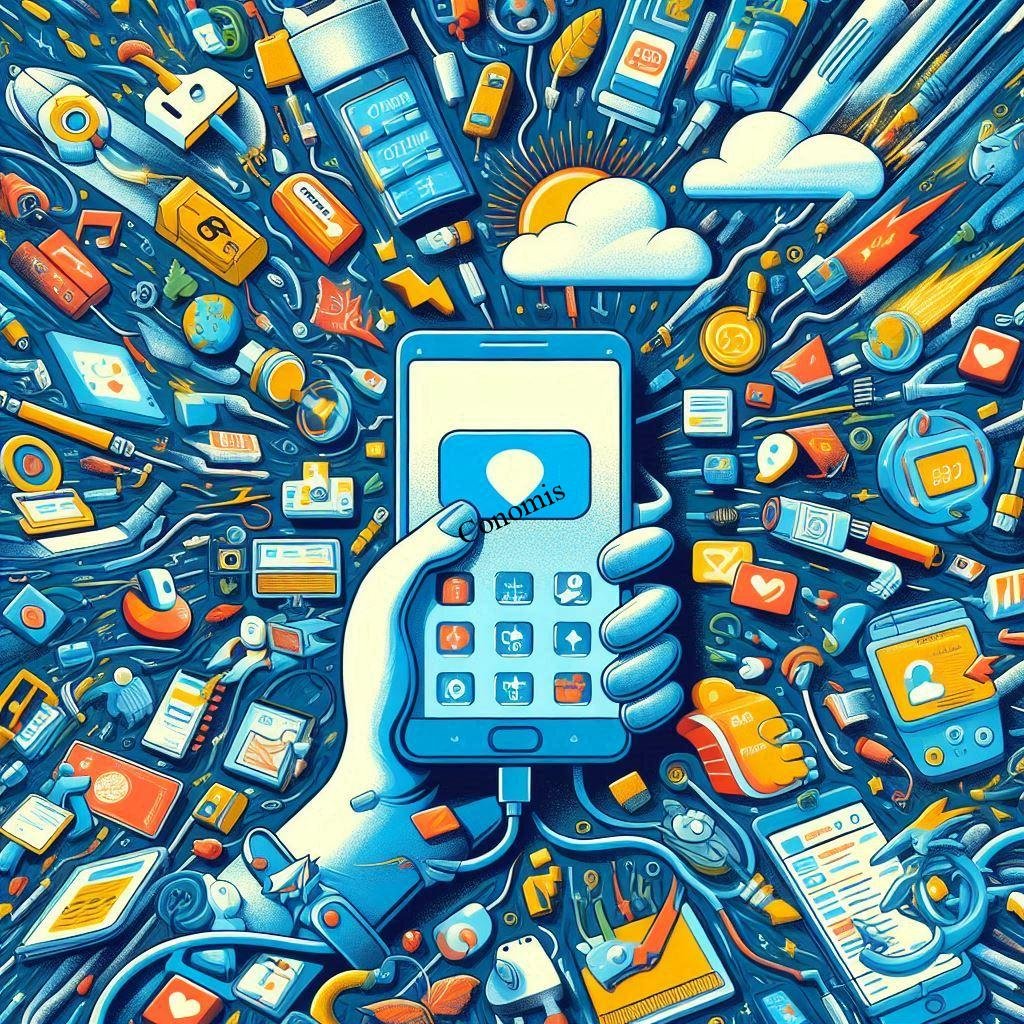
This kind of inequality doesn’t just limit personal growth—it creates bigger gaps in education, opportunity, and innovation. If entire populations are left out of the digital conversation, how can we expect real progress?
Bridging this divide isn’t optional—it’s essential. Governments, tech companies, and communities need to work together to expand access to digital infrastructure, affordable devices, and digital literacy programs. Because the future shouldn’t just belong to those who can afford it—it should be open to every curious mind, no matter where they’re from.
If the empires of the future are empires of the mind, let’s make sure everyone gets a fair shot at building one.
Case Studies of Modern Mind Empires
Silicon Valley’s Thought Leadership
When we talk about shaping the future, Silicon Valley stands at the front of the line. It’s not just a place—it’s a mindset. Known worldwide as the cradle of tech innovation, this California hotspot has become the epicenter of what we call thought leadership.
Why? Because it doesn’t just build things—it dreams big. From Google’s moonshots like quantum computing and self-driving cars to Tesla’s bold push toward electric mobility and space travel, Silicon Valley companies are solving problems most of us haven’t even thought of yet.
But what really sets the Valley apart is its culture of curiosity and courage. Here, failure isn’t feared—it’s part of the process. Ambitious ideas are not only welcome—they’re expected. The brightest minds gather, not just to launch apps, but to change how we live and think.
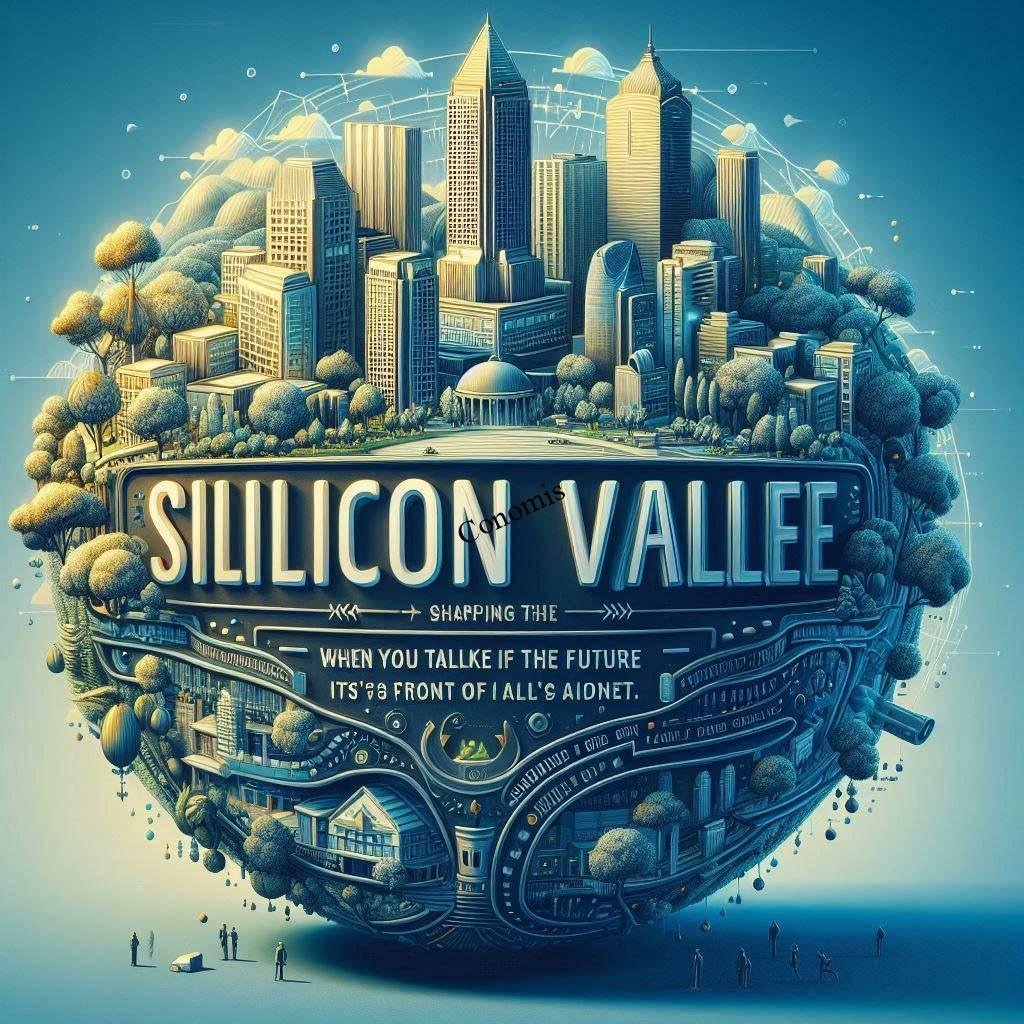
The influence of these companies goes far beyond technology. They shape culture, steer public debate, and redefine success. When Silicon Valley speaks, the world listens—because its leaders aren’t just building businesses, they’re building the blueprint of tomorrow.
In the empire of the mind, thought leadership is the crown, and Silicon Valley wears it with pride.
The Future Outlook
The Expanding Horizon of Human Potential
When we talk about the future, it’s easy to get caught up in the excitement of shiny new gadgets—AI tools, flying cars, smart homes. But real progress isn’t about tech for tech’s sake. The true frontier is something far more powerful: unlocking human potential.
Technology is just the beginning. What matters more is how we use it to think better, create more, and live fuller lives. Whether it’s an artist reaching new heights through digital tools, or a student in a remote village accessing world-class education online, we’re living in an age where human imagination is breaking free from old limits.
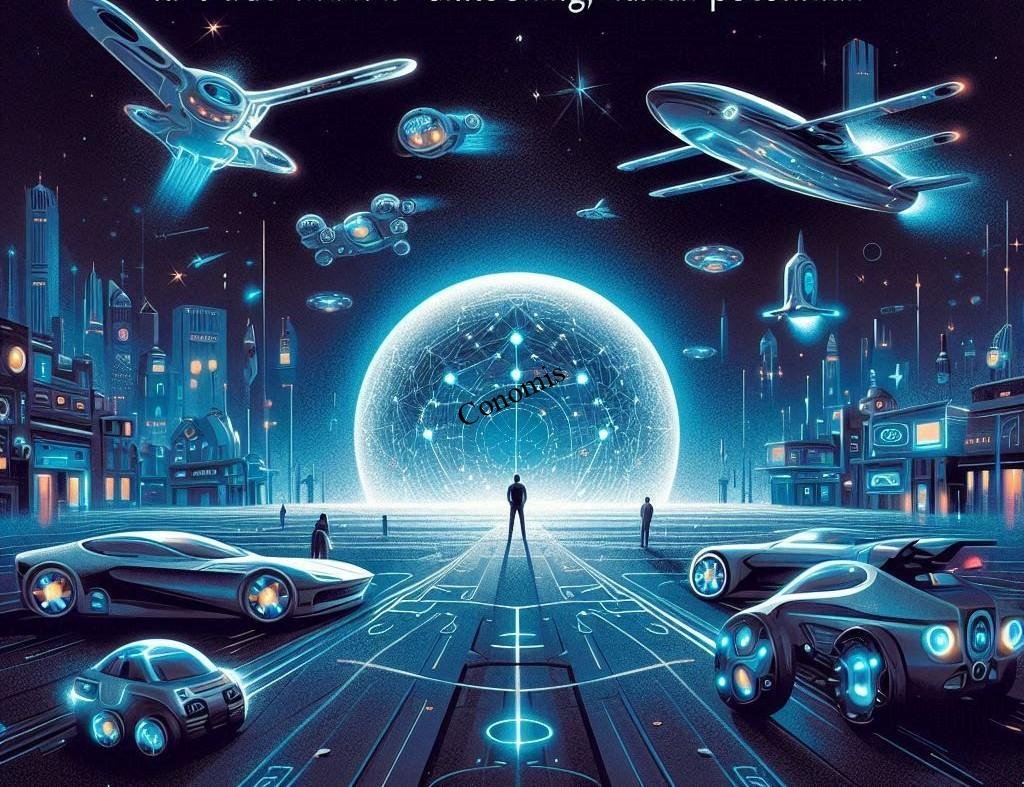
The horizon is expanding because the mind is expanding. We’re learning faster, collaborating across borders, and solving problems with a mix of logic, empathy, and creativity. From wellness to work, art to science, the goal isn’t just smarter machines—it’s smarter, more fulfilled humans.
The empires of the mind aren’t built by code alone. They’re powered by curiosity, resilience, and a deep belief that every person has something valuable to offer. And when we focus on uplifting people—not just productivity—we shape a future that truly belongs to everyone.
Collaboration Over Conquest
For centuries, empires were built through conquest—whoever had the biggest army, the most land, or the most gold held the power. But that model doesn’t hold up in the modern world. Today, we’re not conquering countries—we’re solving complex global problems. And that requires something entirely different: collaboration.
In the age of the mind, power doesn’t come from domination. It comes from connection. Whether it’s scientists from different countries working on vaccines, tech companies teaming up on sustainable energy, or artists co-creating across continents—the future belongs to those who know how to build together, not break apart.
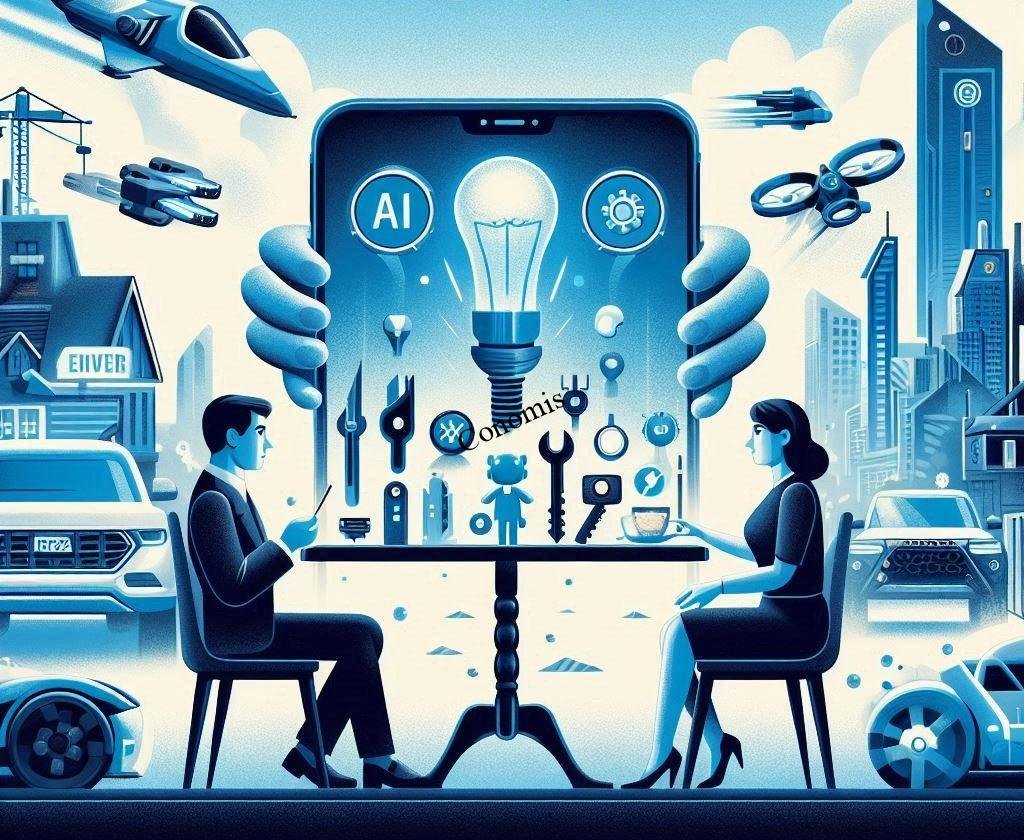
Why? Because today’s challenges—climate change, inequality, cyber threats—are too big for one mind, one company, or one nation to solve alone. Collaboration taps into the genius of many. It speeds up innovation, brings fresh perspectives, and creates solutions that are stronger because they’re shared.
We’ve moved from “me vs. you” to “we win together.” In this new era, alliances matter more than empires. The strongest minds aren’t fighting each other—they’re finding each other.
In the empire of the future, co-creation is the crown jewel, and partnership is the new power play.
Conclusion
The phrase “the empires of the future will be the empires of the mind” isn’t just a poetic idea—it’s becoming our reality. Power today isn’t measured in land, weapons, or muscle. It’s measured in ideas, in imagination, in how well we can learn, adapt, and innovate.
Whether you’re building a business, learning a new skill, or simply exploring the world with curiosity, you’re already part of this new empire. It doesn’t matter where you live, what you own, or who you know—what matters is how you think, what you create, and how you connect with others.
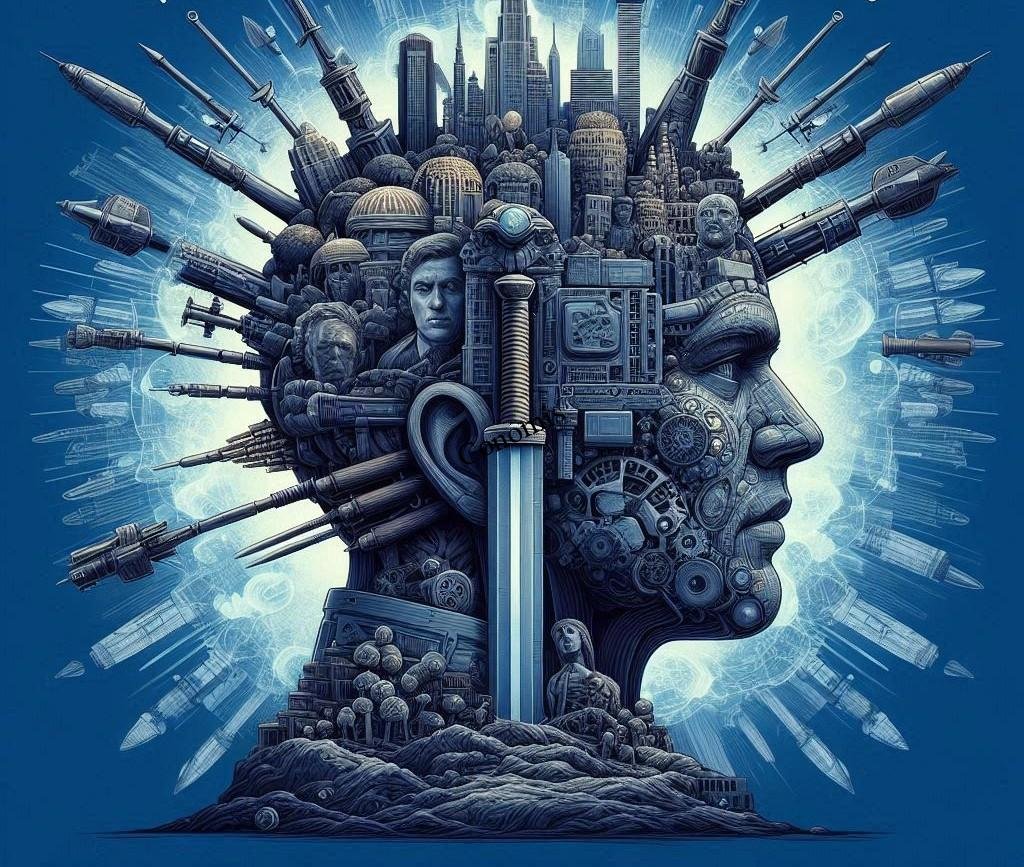
The mind is the new battlefield—but it’s not a war of destruction. It’s a race toward inspiration, collaboration, and boundless growth. The future will be written not by those who conquer others, but by those who conquer themselves and share their knowledge with the world.
So keep learning. Keep asking questions. Stay open, stay curious, and most importantly, stay human. Because in this age of digital empires, your mind is your greatest asset—and your passport to a future without limits.
Frequently Asked Questions
What does “empires of the mind” mean?
It refers to the idea that future power lies not in land or military might but in knowledge, creativity, and intellectual influence.
How can individuals build their own mind empires?
Stay curious, keep learning, cultivate creativity, and master digital tools to build your personal brand and influence.
What industries are leading the mind empire shift?
Tech, education, media, healthcare, and finance are leading the charge by leveraging knowledge and innovation.
How does technology enable these empires?
Tech democratizes access to knowledge, connects people globally, and accelerates innovation, making mind empires possible.
Are there any risks associated with this shift?
Yes, challenges include misinformation, privacy concerns, digital fatigue, and inequality in access to technology and knowledge.
You Can Also Read
https://en.wikipedia.org/wiki/Empire_of_Mind
Konomis AI Thoughts
![]() Copyright 2023 CONOMIS
Copyright 2023 CONOMIS

